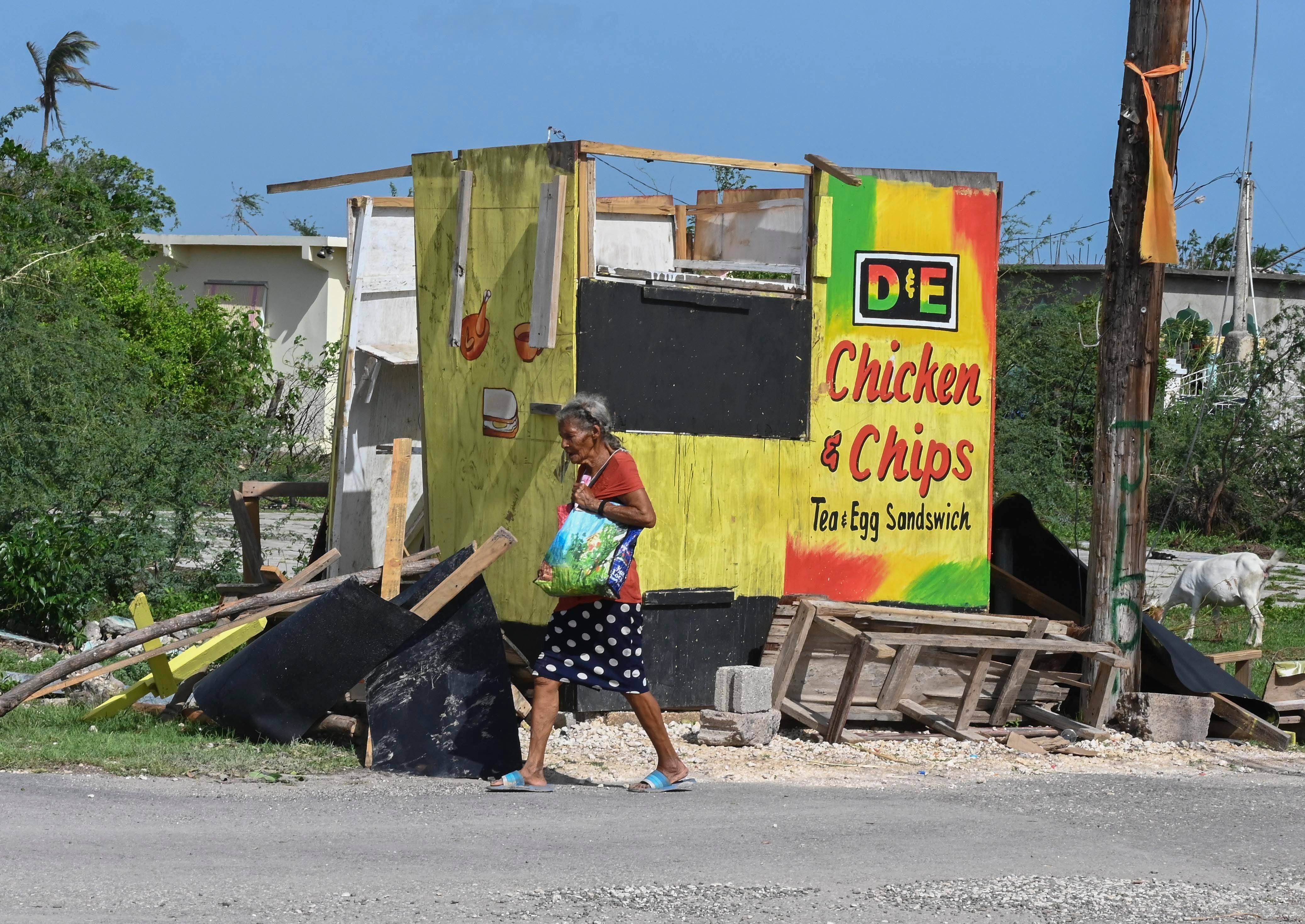Hurricane Beryl destroys crops in Jamaica, leaves islanders facing food shortages
Jamaica faces food shortages after Hurricane Beryl destroyed over $6.4 million in food crops and infrastructure

Your support helps us to tell the story
From reproductive rights to climate change to Big Tech, The Independent is on the ground when the story is developing. Whether it's investigating the financials of Elon Musk's pro-Trump PAC or producing our latest documentary, 'The A Word', which shines a light on the American women fighting for reproductive rights, we know how important it is to parse out the facts from the messaging.
At such a critical moment in US history, we need reporters on the ground. Your donation allows us to keep sending journalists to speak to both sides of the story.
The Independent is trusted by Americans across the entire political spectrum. And unlike many other quality news outlets, we choose not to lock Americans out of our reporting and analysis with paywalls. We believe quality journalism should be available to everyone, paid for by those who can afford it.
Your support makes all the difference.Jamaicans will contend with food shortages in the aftermath of Hurricane Beryl, which is estimated to have destroyed over $6.4 million in food crops and supporting infrastructure, officials in Jamaica said on Monday.
Floyd Green, Jamaica’s agriculture minister, said preliminary assessments indicate significant damage to crops including vegetables, tubers such as yam and cassava, and fruits like breadfruit, ackee, mangoes and bananas, which are popular food sources.
He said livestock and fishing sectors were also impacted significantly by the record-breaking storm that unleashed tumultuous winds and rainfall as it traveled westward just off Jamaica’s south coast last week on route to the Cayman Islands, Mexico, and Texas.
“We have seen about 85% of our bananas and our plantain lines go down in Portland and St Mary,” Green said after visiting farms in the southern parish of St Elizabeth.
Yam farmers in southern Trelawny have asked for assistance as they report significant damage to their operation.
“We do understand that it needs a quick response at this time and we know our farmers are out there and thankfully, they are resilient,” Green said. “They are planning to get back to farming and we at the ministry (of agriculture and fisheries) will be willing to assist them.”
The Jamaican agriculture minister said farmers who grow crops in greenhouses in the parishes of Clarendon, Manchester and St Elizabeth have been hard-hit.
“This is going to be a massive blow for our vegetable (crop) lines," said Green.
Small-scale poultry farmers have sustained major damage to chicken houses, he said.
On Monday, Glendon Harris, a former president of the farmers’ lobby Jamaica Agricultural Society, forecast that the damage to the agricultural sector will result in a disruption to the food chain supply on the island.
“We are going to see a shortage of some of our basic food items,” Harris said. “St Elizabeth is the known breadbasket, and Manchester is close behind, so based on the hit they have taken, it is going to affect the ready food for the market across the island.”
The Jamaican government is continuing its assessment of the damage wrought by Hurricane Beryl, which caused widespread damage mainly along the south coast of Jamaica. Beryl diminished into tropical storm, hitting Texas on Monday, after hitting Mexico, Jamaica, Barbados and St. Vincent and the Grenadines. Three people were reported dead in Grenada, three in St. Vincent and the Grenadines, three in Venezuela and two in Jamaica.